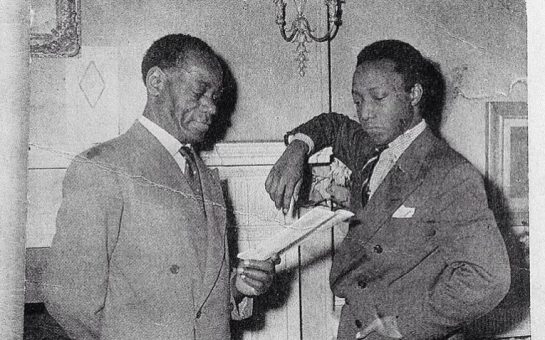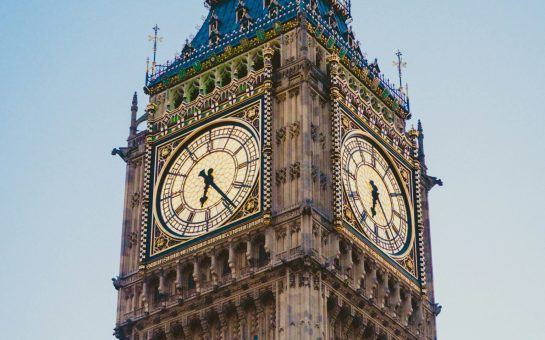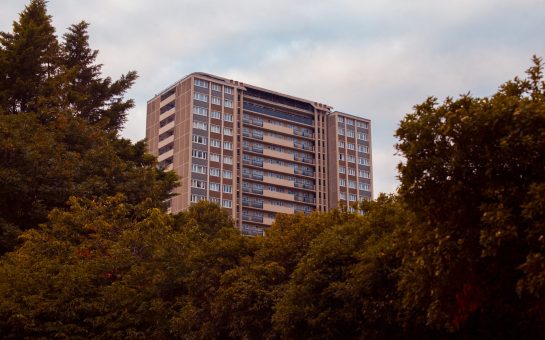Boris Johnson’s Conservatives were defeated in local elections across the UK on Thursday, which included significant losses in London, increasing the pressure on the Prime Minister, according to Labour leader Sir Keir Starmer.
Westminster, a Conservative stronghold since its creation in 1964, and Wandsworth, widely believed to be Margaret Thatcher’s favourite council, – and run by the Tories since 1978 – both fell to Labour.
In addition to these relative surprises, Labour took their top London target in Barnet, with Sir Keir greeting supporters in the borough they narrowly failed to win in 2014.
“This is a massive turning point for the Labour Party,” he said. “From the depths in 2019 we are back on track now for the general election.
“We’ve sent a message to the prime minister: Britain deserves better.”
Perhaps worst of all for Johnson has been the backlash he has faced from local Tory leaders, after an election he claimed he would take ‘full responsibility’ for.
The Conservative leader of Carlisle City Council, John Mallinson was among these rebels, labelling the Prime Minister a ‘poor option’ to lead the party into the next general election after Labour won the new Cumberland authority.
“I just don’t feel people any longer have the confidence that the prime minister can be relied upon to tell the truth,” Mallinson said.
Elsewhere, the Conservatives lost ground to the Liberal Democrats in major “blue wall” seats across southern England, making inroads in West Oxfordshire and Stockport.
Liberal Democrat leader Sir Ed Davey has said the results show that Johnson will face a fight on multiple fronts in the next general election, in light of what he described as ‘historic gains’ for his party.
“I think it was about heating bills and food bills and the price at the pump, and the fact Conservatives refuse to take the sort of decisions that are needed,” he said.
“So yes, I have a smile on my face today.”
The Greens were also among the alternative parties to make sizeable inroads on both Conservative and Labour territory, making early gains in South Tyneside, Oxford and Worcester.
Adrian Ramsay, the Greens’ co-leader alongside Carla Denyer, who described the results as a ‘breakthrough’ has claimed they have come about due to inadequate responses by both the Government and the opposition to the cost-of-living crisis and the climate emergency.
He said: “The phenomenal results for the Green party so far demonstrate that people up and down the country are looking for a credible alternative to the establishment parties, and finding it in us.
“Whether that’s former Conservative voters put off by poor handling of the Covid pandemic or the constant leadership lies, or former Labour voters who just see weak opposition at a national and local level.”
Whilst Labour’s gains in the capital were impressive, their progress in the traditional “red wall” areas in the north of England were rather less striking, with polling expert Sir John Curtice insisting that ‘the trouble is outside of London.’
His analysis of key wards suggests that overall support for Labour is actually down 0.2% from 2018, when the party recorded its best local election performance under then leader, Jeremy Corbyn.
“Labour will be disappointed,” Sir John added. “They aren’t even on course to be the largest party at the next general election, let alone get a majority.”
Almost 150 councils held votes across England on Thursday, including 32 London boroughs.
Council seats were also contested in Scotland, Wales and the Northern Ireland assembly, where nationalists Sinn Féin could become the largest party for the first time in Northern Irish history.
All results in England, Scotland and Wales are expected to be known by Friday evening, although those in Northern Ireland are likely to carry through to Saturday.




